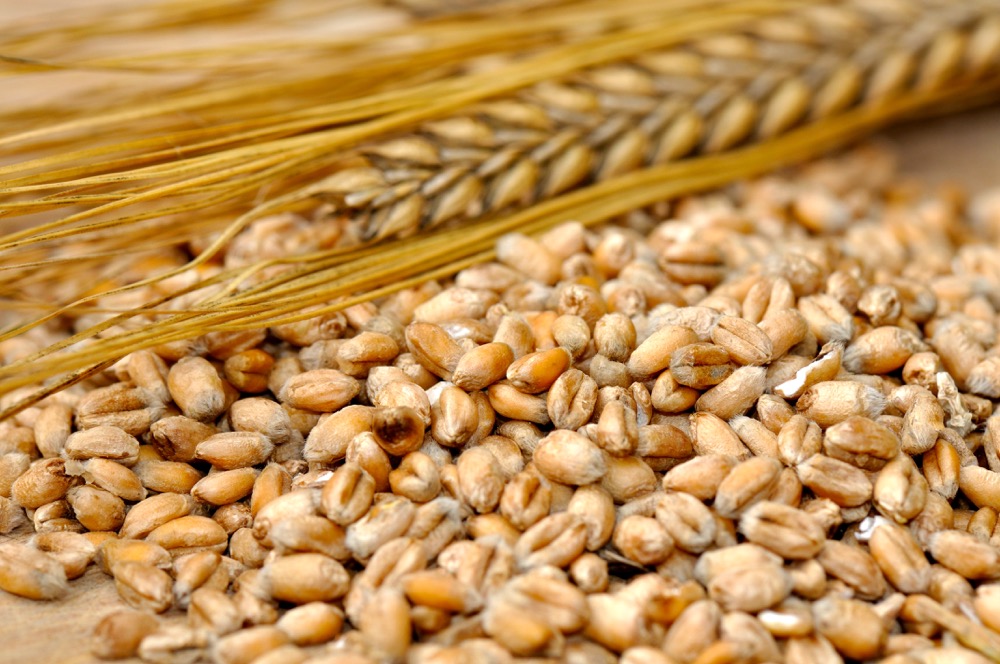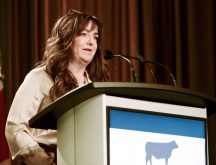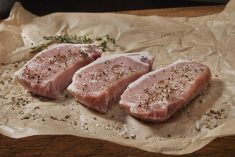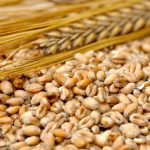Chicago | Reuters — Chicago Mercantile Exchange cattle futures eased on Thursday, with losses in equities and bigger-than-expected U.S. livestock supplies dragging down the markets.
Traders kept an eye on Wall Street as weakness in stocks and concerns about the economy can limit consumer demand for pricey beef, analysts said. Stocks closed lower amid signs of economic resiliency that could encourage the Federal Reserve to keep interest rates at a restrictive level for longer than expected.
CME December live cattle ended down 0.1 cent at 179.325 cents/lb., while February live cattle fell 1.1 cents to 180.4 cents/lb. (all figures US$). January feeder cattle dropped 1.475 cents to 235.075 cents/lb.
Read Also

Feed grain weekly: Barley steady in late February
Feed grain bids in Western Canada were holding steady in late February, lacking any fresh market moving news.
“I’d put this on the back of the stock market,” said Rich Nelson, chief strategist for agricultural brokerage Allendale.
Live cattle and feeder cattle futures reached their lowest prices since June on Monday and Tuesday after the U.S. government, in a report issued after markets closed on Friday, said that producers placed more cattle than expected into U.S. feedlots in September.
The large placements surprised some analysts because U.S. cattle inventories dropped to their lowest levels in decades after drought raised costs for feed.
“The first and second quarter of next year will have a few extra cattle than we expected,” Nelson said.
Tight supplies of cattle and high beef prices have cooled U.S. beef exports, though sales increased last week. Weekly U.S. beef export sales were 17,400 metric tonnes for 2023, up 72 per cent from the prior four-week average, USDA said.
For pork, weekly export sales of 28,200 tonnes for 2023 were down eight per cent from the prior four-week average.
Most-active December lean hog futures finished 1.125 cents higher at 68.625 cents/lb. at the CME. February hogs rose 1.125 cents to 71.825 cents/lb. after notching contract lows during the previous four sessions.
— Tom Polansek reports on agriculture and ag commodities for Reuters from Chicago.
















